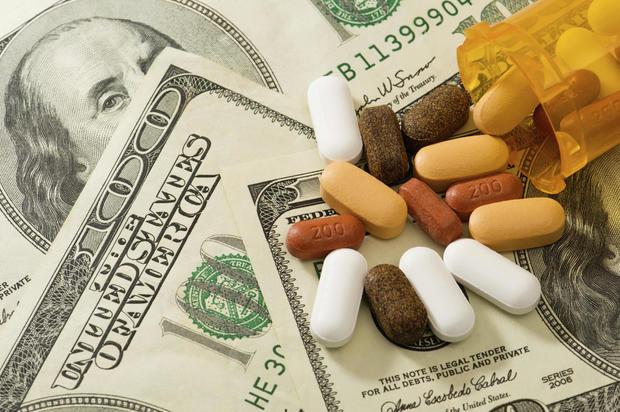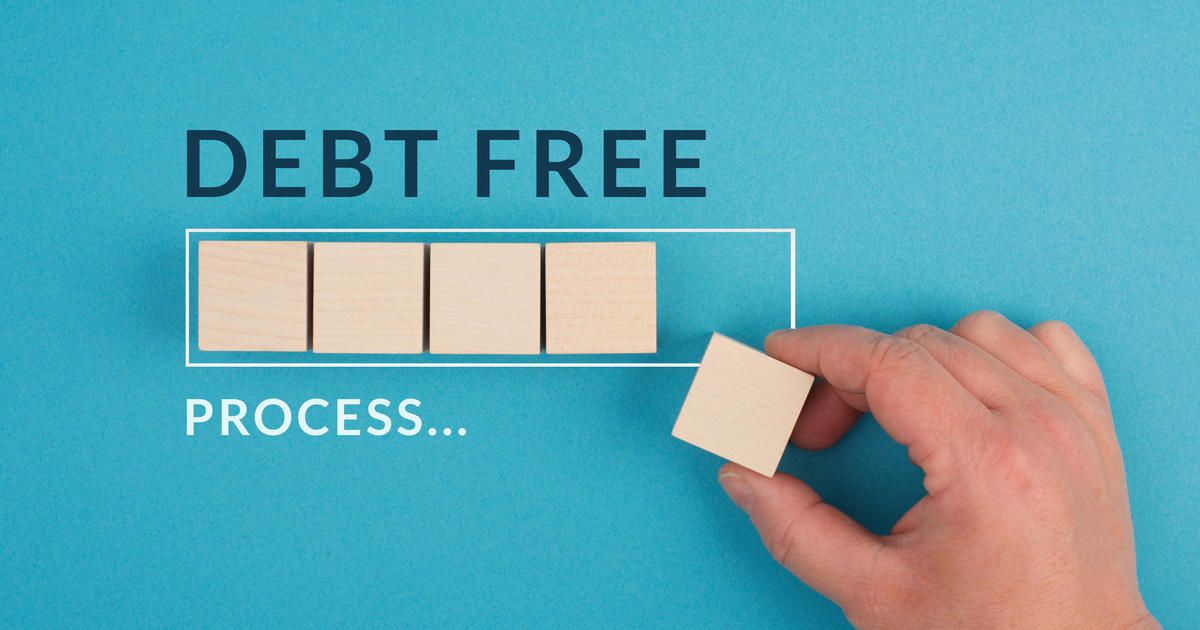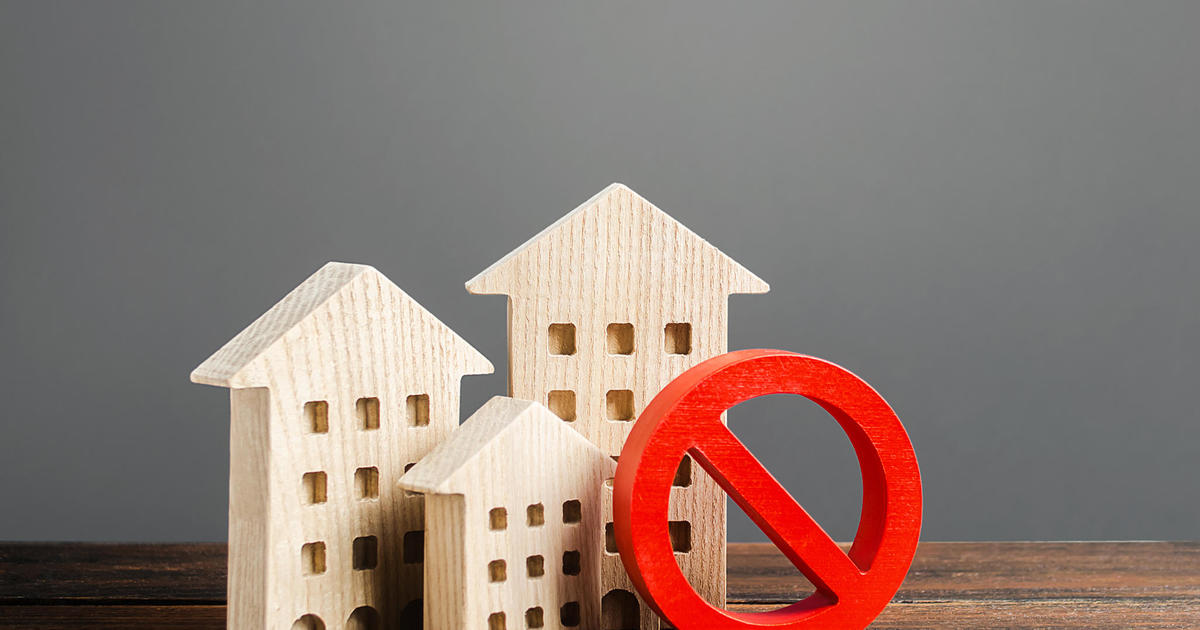Rising insulin prices have diabetics crying foul
Insulin prices are only getting more painful.
Drugmakers Eli Lilly (LLY) and Novo Nordisk recently boosted their insulin list prices by almost 8 percent each, adding to concerns that treating diabetes is unaffordable for some patients. The average price of insulin almost tripled between 2002 and 2013, according to the American Diabetes Association (ADA). Even before the most recent price hike, some diabetics were cutting back or even going without the drug because of its expense.
The price hikes come at a sensitive time for the drugmakers as Eli Lilly, Novo Nordisk and rival Sanofi-Aventis are facing a class-action lawsuit alleging they conspired to raise their prices in lockstep. Almost one in 10 Americans has diabetes, a group of conditions where the body fails to properly regulate blood sugar. People with Type 1 diabetes, often referred to as juvenile diabetes, need to take insulin daily to stay alive.
"We were really disappointed in this announcement," said Dr. William Cefalu, the chief scientific, medical and mission officer for the ADA, who noted that his organization has partnerships for research with the drugmakers. "This is really going in the wrong direction."
In early May, Eli Lilly raised its list price for Humalog by 7.8 percent, to $274.70, for a 10-milliliter bottle, while Novo Nordisk tacked on a 7.9 percent increase on its Novolog drug, to $275.58.
"There's concern and anger in the diabetes community," said Allison Bailey, who has Type 1 diabetes and is a student at Iowa State University. She also volunteers with a diabetes advocacy group called T1International. She called the most recent price hike "a slap in the face."
Such price hikes may be absorbed by diabetics' insurance plans, but other people may struggle if they lack insurance or have high-deductible plans.
That's causing plenty of financial pain for patients and their families. About half of diabetics say they regularly miss a dose of insulin, Dr. Cefalu noted. "That will contribute to the development of complications," he said. "Many of them are making tough choices," such as whether to pay their mortgage or buy insulin.
Two insulin products represented the second- and third-most expensive price hikes in 2014 for Medicare, the government program that provides health care coverage to seniors, according to government data. Per-prescription costs for Sanofi's Lantus Solostar and Lantus surged 28 percent and 41 percent in that year alone.
Diabetes affects almost one of 10 Americans, or about 29 million people. Of those, about 6 million rely on insulin to stay healthy. Aside from buying insulin, diabetics need equipment such as glucose monitors and insulin pumps, which add to the expense of treating the disease.
The financial squeeze for diabetics might be a shock to the researchers who developed insulin. Frederick Banting, one of the scientists who won the Nobel Prize in 1923 for the discovery, was among its inventors who sold the patent for about $3 to help get the drug to as many diabetics as possible. Drugmakers were given the right to make insulin without paying royalties and to improve on its formulation.
Ally Ferlito, who has had Type 1 diabetes for 26 years, said the insulin price hike underscores how the entire health care system needs "some sort of sustainable solution." She recently took part in an insulin access workshop hosted by Eli Lilly, which occurred before the drugmaker announced the higher price. She added she wasn't surprised by the decision to raise prices.
"These companies do know our health depends on them, but it's about competition and it is a business," she said. "For the long-term for good of society, we need to find a better way to encourage that innovation and growth without crippling families."
Eli Lilly said it works "to limit the impact of price increases as much as possible, particularly for people who have high-deductible insurance plans," according to a spokesman. "New programs such as Inside Rx and the Blink Health platform -- both of which provide 40 percent discounts for most Lilly insulins -- are available to help people who pay full retail price at the pharmacy."
The company said it has invested more than $1 billion to expand its insulin production capabilities. The Inside Rx program was created earlier this month by Express Scripts, the country's largest pharmacy benefit manager, as a way to lower out-of-pocket costs for brand-name drugs. Participants include Eli Lilly, Novo Nordisk and Sanofi.
An Eli Lilly spokesman also said generic drugmakers are free to market insulin products, noting that the "vast majority" of the company's insulin drugs are no longer protected under patent. The only exception is Humalog U200, a newer product.
"There is no legal barrier to other companies producing generic versions of most Humalog and Humulin formulations," he said by email. "The barrier is the very steep cost and scientific and technical expertise that is required to produce insulin in vast quantities. The resources required would be significant, but other companies can enter the market."
Novo Nordisk said its price increase "was made independently based on a number of different factors and was in line with our commitment to limit price increases," referring to the drugmaker's pledge on pricing and affordability. It added, "Our data show that most patients using our medicines aren't paying list price, but rather a co-pay based on their insurance."
The company also points to a program called Reduced Rx, co-launched in March with pharmacy benefits manager CVS Caremark, that offers discounts on certain drugs, including Novo Nordisk's Novolin insulin product.
Innovations in diabetes treatment, like glucose monitors, have made life easier for people battling the disease. Some note that certain insulin brands work better for them than others. When insurance companies change their formularies -- the list of drugs they'll cover -- a diabetic can lose coverage for their favored insulin, which can lead to higher out-of-pocket costs if they want to stick with that medication.
At the same time, diabetics say they are concerned about some of the rhetoric around health care reform and a growing stigma around covering the costs of diabetics. The American Health Care Act would allow states to gain waivers for the requirement of covering pre-existing conditions, which could impact millions of diabetics as well as other Americans with medical issues.
"Diabetes isn't a choice, and that needs to be emphasized," Dr. Cefalu said, noting that the disease has a strong genetic component. The litmus test for the disease, he added, would be a decline in the price of insulin.
He noted, "Making sure it's affordable will result in reduced costs later."




